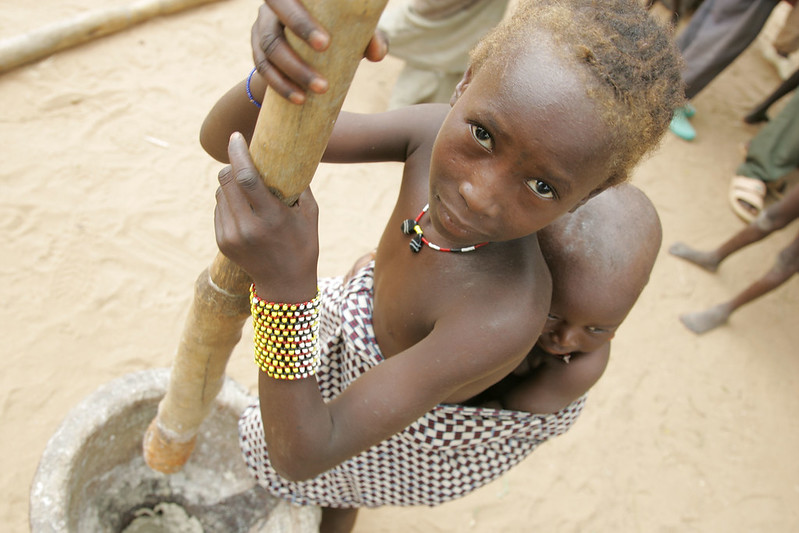Tackling Poverty Eradication in Niger

Niger, a nation in Western Africa, is currently facing a poverty crisis. As of 2019, more than 9.5 million people in the country are experiencing poverty, causing the Human Development Index to rank the nation as the least developed country on earth. A rapidly growing population, frequent climate events such as droughts and floods and limited access to food and water all contribute to Niger’s status as one of the most impoverished countries in the world. However, there is good news — both the nation’s government and outside organizations have made strides, particularly in the last 20 years, towards poverty eradication in Niger.
The government and other contributors have provided the people of Niger with access to food, water, education and contraception. These measures will significantly contribute to poverty eradication in Niger. Three strategies have emerged to fight poverty in the country: involvement of the Nigerien government, food and water security measures and provision of family planning resources.
The Nigerien Government’s Poverty Reduction Strategy
The Nigerien government’s fight to eradicate poverty began in 1997 with the passage of the Framework Program to Combat Poverty (PCLCP). This strategy involved both the country’s government and the private sector in the goal of poverty eradication in Niger.
In 2002, the government released its Poverty Reduction Strategy (PRSP) as an update to the PCLCP. The PRSP contains several ambitious goals, such as creating sustained economic growth and guaranteeing access to social services for the impoverished. The document also features detailed plans on the application of these programs.
Family Planning and Hunger Assistance from Outside Organizations
In addition to the poverty eradication strategy that the Nigerien government proposed, outside organizations have assisted Niger in its growth and development, primarily in the areas of family planning and hunger. Two of the primary issues facing Niger are its incredibly high birthrate, which stretches the country’s resources thin, and its limited access to food and water for its ever-growing population. Organizations including the Sahel Women’s Empowerment and Demographic Dividend (SWEDD), the Ouagadougou Partnership and Action Against Hunger, among others, are fighting towards poverty eradication in Niger by providing its people with resources such as food, water, education and contraception.
Food and Water Security
While agriculture and livestock make up 80% of Niger’s livelihood, climate shocks such as droughts and floods have devastated this landlocked country in recent years. These events, as well as limited water access, poor soil quality and a lack of pasture lands for grazing animals, lead to food scarcity for a large percentage of the Nigerien population. A shocking 20% of Nigerien people do not have enough food to eat, with two in five children experiencing malnutrition that turns deadly for one in 10. Groups such as Action Against Hunger have taken the initiative to combat this crisis, providing nearly 500,000 people with nutrition, food security and water programs in 2018. These programs create long-term solutions by providing seeds, livestock and financial assistance to farmers and small businesses.
Family Planning Resources
Niger has both the fastest growing and the youngest population in the world, with women bearing an average of 7.6 children each. Contraception and family planning are taboo subjects, as Nigerien culture associates a large family with social status.
Both SWEDD and the Ouagadougou Partnership have worked to provide Nigerien women to reduce the stigma around family planning. Some villages, such as Angoual Gao in Niger’s Zinder region, have additionally implemented “safe spaces” for women to discuss issues and solutions surrounding family planning.
Both the Nigerien government and outside organizations have taken steps to combat this poverty crisis. While Niger needs to do more work, it has reached many important milestones in the fight for poverty eradication in Niger.
– Daryn Lenahan
Photo: Flickr
